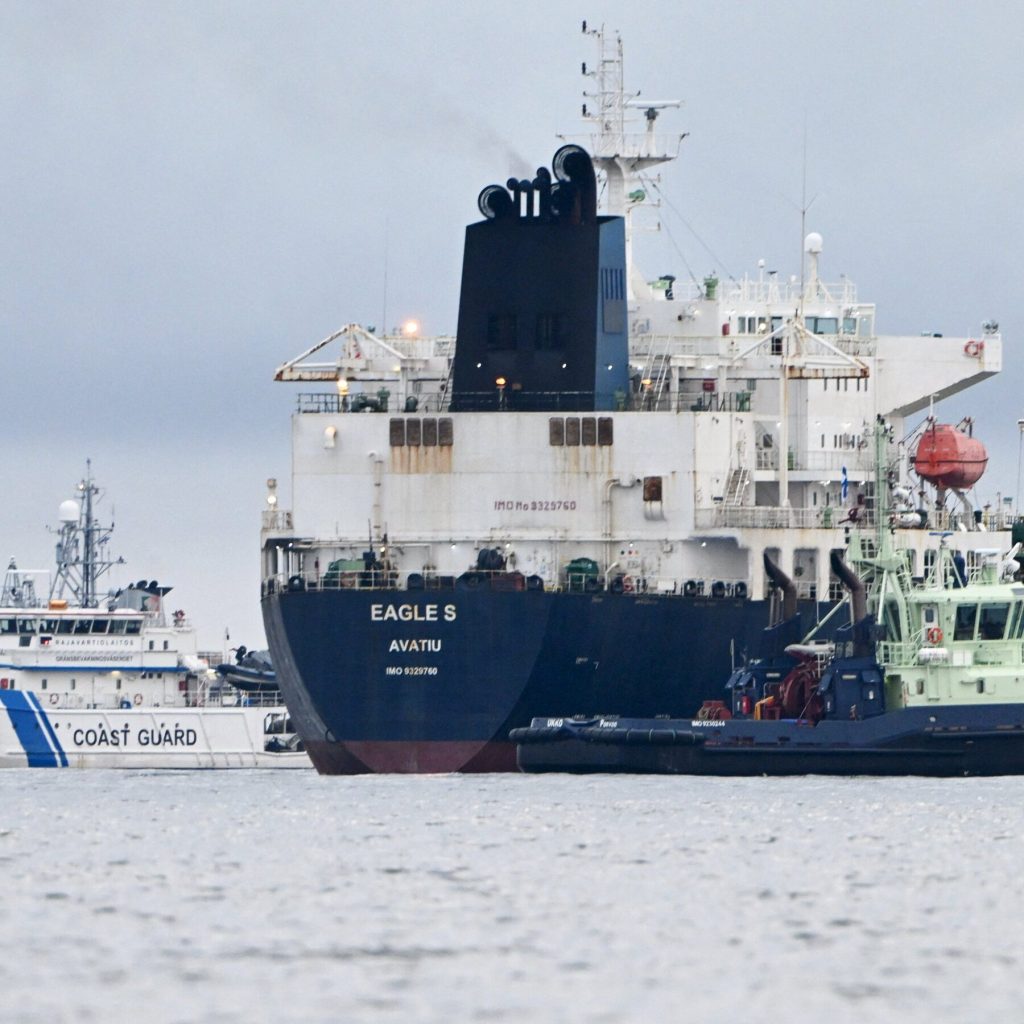Finland Court Dismisses Case About Cutting Cables in Baltic Sea

In a recent ruling, a Finnish judge has dismissed a case involving the cutting of underwater cables in the Baltic Sea, citing a lack of jurisdiction to prosecute. The case centered around a ship believed to be part of Russia’s so-called “shadow fleet,” a group of vessels thought to be involved in various illicit activities, including the sabotage of critical infrastructure.
According to reports, the incident occurred in Finnish waters, where several underwater cables were severed, disrupting communication and data transmission services. Authorities suspected that a ship, allegedly linked to Russia’s shadow fleet, was responsible for the damage. However, despite efforts to investigate and gather evidence, the Finnish court ultimately ruled that it did not have the necessary jurisdiction to pursue prosecution.
The decision comes as a setback for Finnish authorities, who had been keen to hold accountable those responsible for the damage. The incident has raised concerns about the security of critical infrastructure in the region and the activities of Russia’s shadow fleet. While Finland may not have been able to pursue prosecution in this case, the incident is likely to have significant implications for regional security and may prompt further investigations and cooperation between authorities in the affected countries.
The shadow fleet, comprised of vessels often operating under opaque ownership structures or with falsified identities, has been linked to a range of illicit activities, including oil smuggling, sanctions evasion, and, as suspected in this case, sabotage. The incident highlights the challenges faced by authorities in tracking and prosecuting such activities, particularly when they involve vessels operating outside of traditional regulatory frameworks.
As tensions continue to simmer in the region, the Finnish court’s decision serves as a reminder of the complexities and challenges involved in addressing threats to critical infrastructure and regional security. Authorities are likely to continue working to strengthen cooperation and develop effective strategies to counter the activities of the shadow fleet and other malicious actors.




